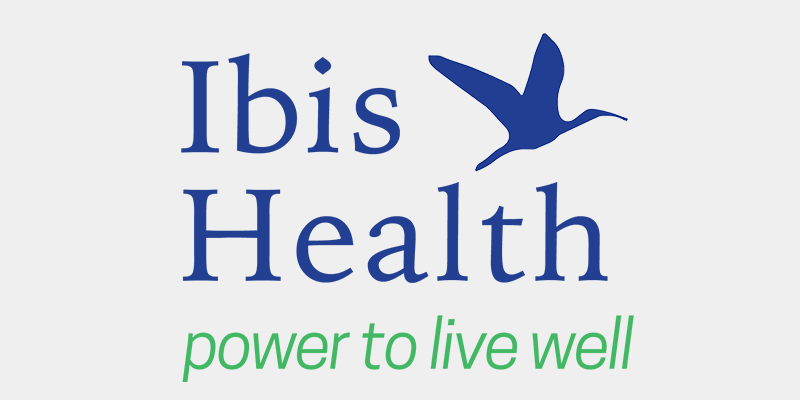To Prove Benefits of the Program for Retirees
Since first announcing a partnership last spring, Ibis Health has enrolled nearly 300 Wellpoint beneficiaries in its groundbreaking chronic care management program, providing an average 634 minutes of support per member to help retirees feel their best from the comfort of home. Ed Note: Please see related Wellpoint message,
Now the companies hope to prove the benefits of the program by launching a clinical trial study, designed to test whether participation in Ibis Health helps members stay out of the hospital, stay on top of their medications and feel more confident in their ability to take care of themselves. “
After nine months of collaboration with Wellpoint to see whether their beneficiaries would appreciate a service like Ibis Health, we’re seeing high engagement rates that suggest that yes, this is working, and yes, this program is of interest to the Wellpoint population,” said Brenton Stoddart, director of Ibis Programs for Senscio Systems. “We are grateful for Wellpoint’s efforts to advance health equity in the form of better access to care, and this is our biggest opportunity to prove to them — and to the larger health care community — that Ibis Health works to keep people out of the hospital, help them feel healthier at home, and lower health care costs in the process.”
The study will test the ability of Ibis Health to significantly move the needle in three specific areas: a reduction in all-cause hospital admissions over a period of 18 months; an increase in participants’ confidence in their own self-management; and an effective adherence rate of 80 percent or greater to taking medications prescribed for chronic conditions.
By launching the study now, investigators hope to take advantage of a natural experiment created by the large-scale rollout of Ibis Health in Massachusetts over the coming year, which aims to enroll up to 63,000 new Wellpoint members into the program. Limited capacity means that enrollment must occur in waves over a sixmonth period, based on geographic location. Patients in locations that have not yet been targeted for enrollment will serve as a naturally occurring comparison group to those already enrolled.
Jointly led by Dr. Soeren Mattke, PhD and Director of the Center for Improving Chronic Illness Care at the University of Southern California, and Dr. Michael Arciero, PhD, a professor of mathematics at the University of New England, the study received IRB approval in December and began enrolling patients as of January 1. To qualify, beneficiaries must be 65 years or older, living in a Massachusetts community, and have two or more chronic conditions such as diabetes, chronic obstructive pulmonary disease (COPD), congestive heart failure, chronic kidney disease, asthma, hypertension, and depression and anxiety, among other requirements.
Designed to empower retirees with two or more chronic conditions to take control of their well-being in between doctor visits, Ibis Health utilizes a remote care team and the patented AI-powered IbisHub platform that connects members to clinical specialists in real time. Self-reported data create insights for timely intervention and early detection, and advocates work to personalize the program to members’ needs and wants, helping to determine what matters most to each individual. This ongoing coordinated support has allowed many Ibis Health members to improve their health and achieve their goals in ways that work for them.
While the clinical trial study will involve only Wellpoint beneficiaries, Ibis Health is available to all Massachusetts retirees with Medicare Part B coverage who qualify. To learn more about the program, log onto www.ibishealth. org/voice.
“The Ibis program provides continuous remote support to patients living with complex chronic disease, thereby avoiding exacerbations and potential hospital admissions,” Dr. Mattke explains. “It does so in coordination with the patient’s established in-office clinicians to not fragment their care pathway.”
“Mass Retirees looks forward to reviewing the study’s findings,” adds Association CEO Shawn Duhamel. “We’re confident that they will substantiate our continued support for Ibis as a vital health service that enables our members to remain healthy at home and not in a hospital.”



